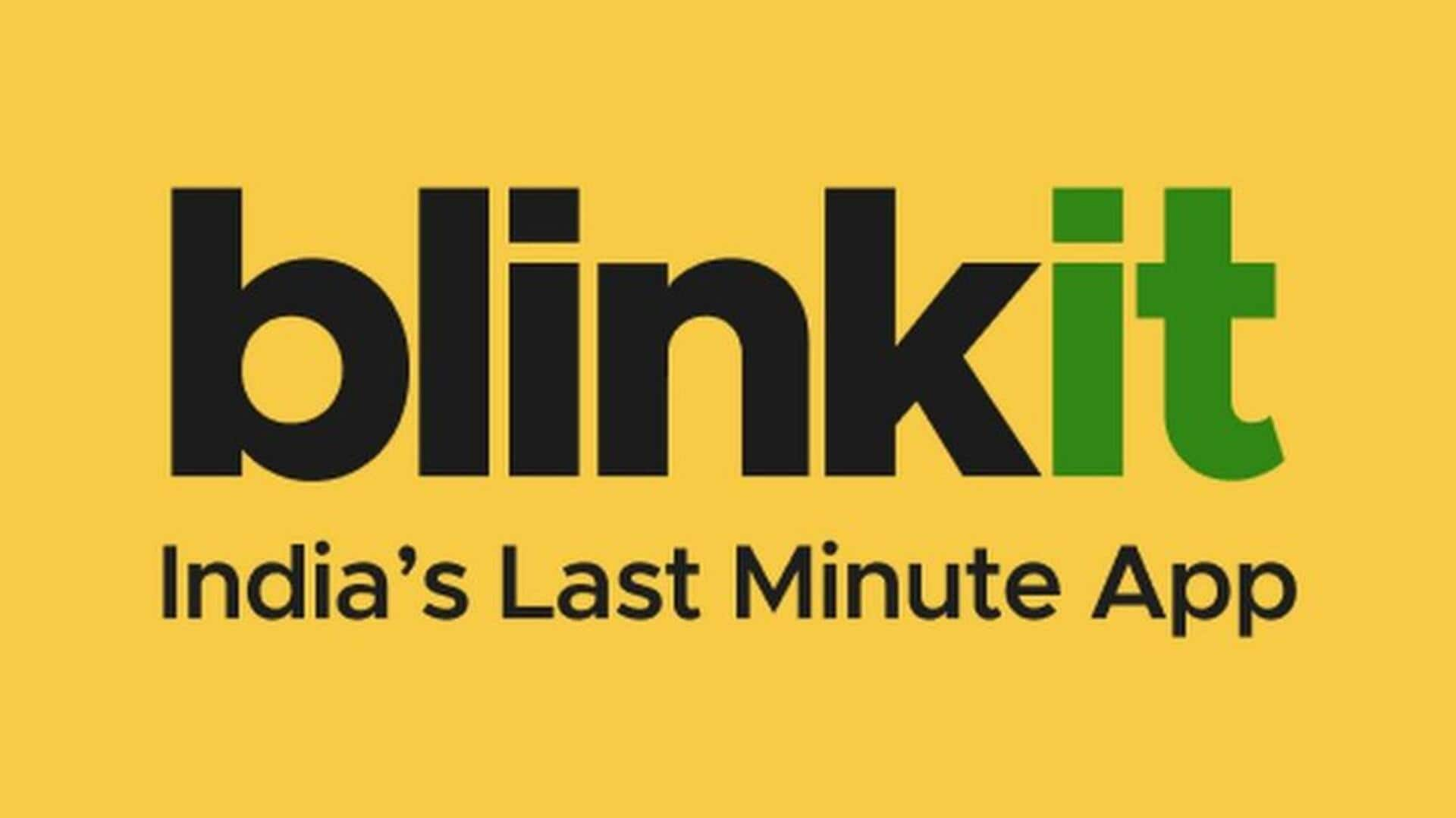
Blinkit will deliver jewelry in 30 minutes from next year
What's the story
Blinkit, Zomato's quick commerce platform, is looking to launch a new category of high-value items (like jewelry) with a 30-minute delivery time.
The initiative will be supported by a network of "express dark stores," and is expected to go live by mid-FY26.
The move will help the company boost its average order value (AOV), and step up competition with e-commerce giants like Amazon and Flipkart.
Dark store details
Express dark stores: The backbone of Blinkit's new initiative
Blinkit is gearing up to set up express dark stores, which will deliver high-value items like instant water heaters and air purifiers in 30 minutes.
These express dark stores are basically mini warehouses of 7,000-8,000 square feet.
They will hold larger products that need more storage space than the regular items, currently delivered by Blinkit in 10 minutes.
Profitability strategy
AOV and profitability: The driving factors
The 30-minute delivery of high-value items is part of Blinkit's plan to increase its AOV and improve profitability.
In the quick commerce space, a higher AOV usually means better profit margins.
Blinkit already has one of the highest AOVs in the space at ₹614, surpassing rivals like Swiggy Instamart and Zepto, which have AOVs in the ₹450-480 range.
Sector evolution
Quick commerce sector: A shift toward longer deliveries
Blinkit's shift toward 30-minute deliveries is in line with a wider trend in the quick commerce space, where companies are looking at longer delivery times for high-value products.
Tata's BigBasket is also eyeing a similar route, looking to partner with stores like Croma and Cliq for 30-minute deliveries of expensive items.
Industry experts believe while 10-minute deliveries will continue to cater to their target audience, longer delivery times could boost overall quick commerce penetration.
Delivery economics
The profitability of longer delivery times
Sahil Barua, co-founder and CEO of Delhivery, has also pushed for longer delivery times, given their potential profitability.
He argues that two to four-hour deliveries in metropolitan areas could be more economical, thanks to route optimization and consolidation opportunities.
Barua also points out that sub-one-hour or sub-30-minute deliveries won't disrupt e-commerce much unless they include high-value products.